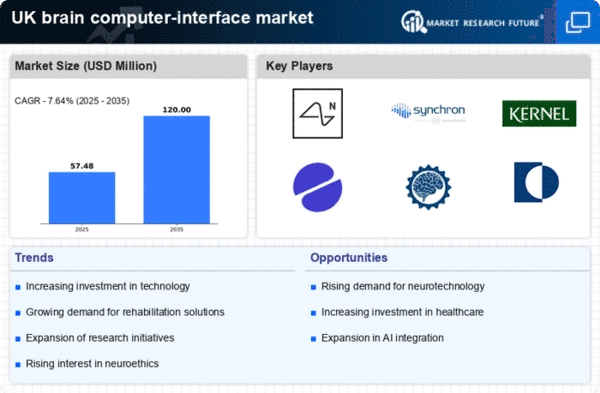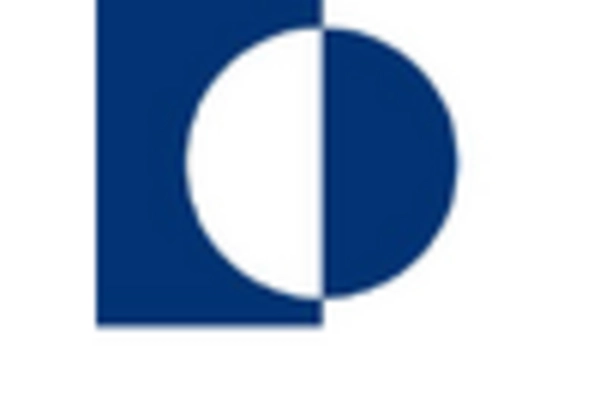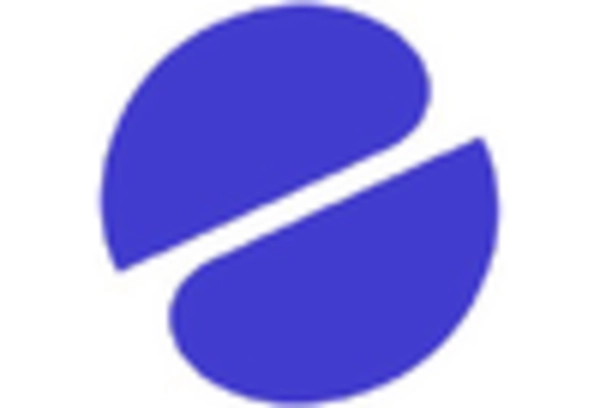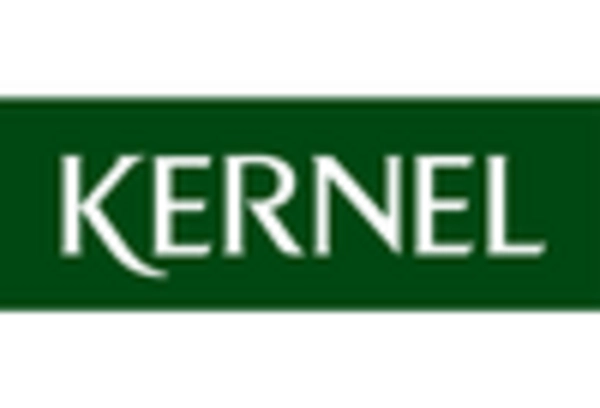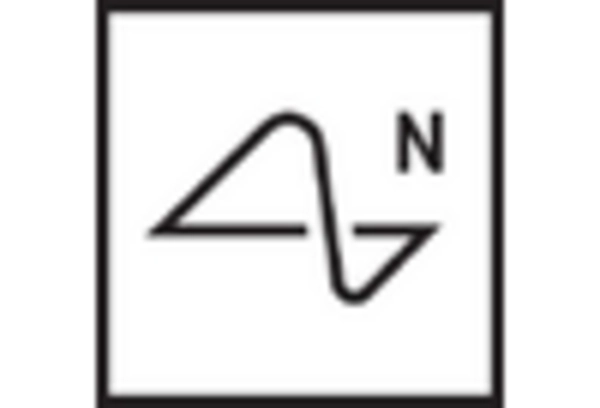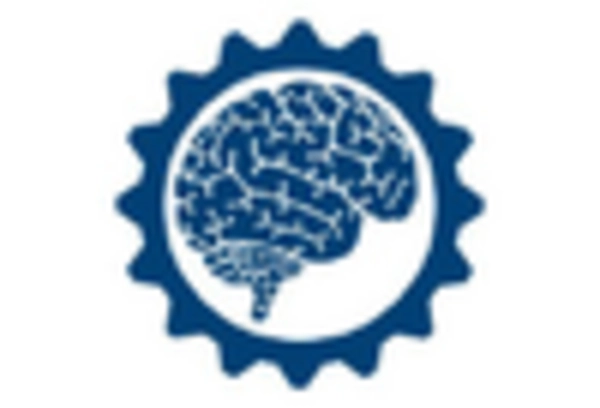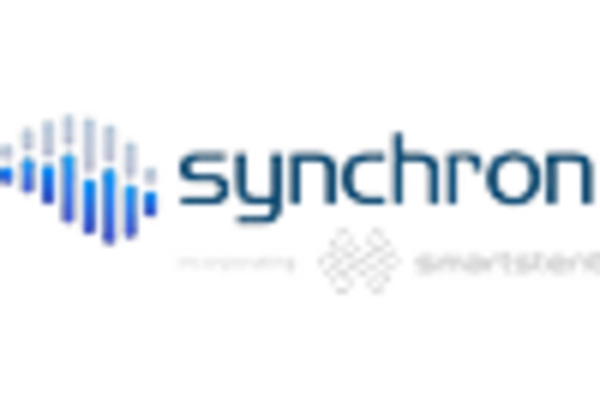Increased Focus on Mental Health
The brain computer-interface market is witnessing a surge in interest due to the heightened focus on mental health in the UK. Mental health issues, including anxiety and depression, are increasingly recognized as critical public health concerns. The UK government has allocated substantial funding towards mental health initiatives, which may lead to the development of brain-computer interface applications aimed at diagnosing and treating these conditions. The market for mental health technologies is expected to grow significantly, with estimates suggesting a potential increase of 20% annually over the next five years. This growing emphasis on mental health solutions indicates that the brain computer-interface market could play a pivotal role in addressing these challenges.
Advancements in Wearable Technology
The brain computer-interface market is benefiting from advancements in wearable technology, which are becoming more sophisticated and accessible. The integration of brain-computer interfaces with wearable devices allows for real-time monitoring and interaction, enhancing user experience and functionality. In the UK, the wearable technology market is projected to reach £2 billion by 2025, with a significant portion attributed to health and wellness applications. This trend suggests that as wearable technology continues to evolve, the brain computer-interface market will likely see increased adoption and innovation, particularly in areas such as fitness tracking and cognitive enhancement.
Rising Interest from Academic Institutions
The brain computer-interface market is experiencing a boost from the growing interest of academic institutions in neuroscience and related fields. Universities and research centres across the UK are increasingly investing in research and development of brain-computer interface technologies. This academic focus is fostering innovation and collaboration between researchers and industry players, potentially leading to breakthroughs in applications ranging from assistive technologies to cognitive enhancement. The UK government has also supported these initiatives through funding and grants, which may further stimulate growth in the brain computer-interface market. This collaborative environment suggests a promising future for the development of new technologies and applications.
Growing Demand for Neurorehabilitation Solutions
The brain computer-interface market is experiencing a notable increase in demand for neurorehabilitation solutions. This growth is largely driven by the rising prevalence of neurological disorders in the UK, which affects millions of individuals. As the population ages, conditions such as stroke, Parkinson's disease, and traumatic brain injuries are becoming more common. The market for neurorehabilitation technologies is projected to reach £1.5 billion by 2026, indicating a robust growth trajectory. Furthermore, advancements in brain-computer interface technologies are enabling more effective rehabilitation methods, which are appealing to healthcare providers and patients alike. This trend suggests that the brain computer-interface market will continue to expand as innovative solutions emerge to address the needs of this demographic.
Emerging Applications in Gaming and Entertainment
The brain computer-interface market is expanding into the gaming and entertainment sectors, where innovative applications are being developed. Companies are exploring the potential of brain-computer interfaces to create immersive gaming experiences that respond to players' thoughts and emotions. This trend is particularly appealing to the UK market, where the gaming industry is valued at over £5 billion. As developers continue to experiment with these technologies, the brain computer-interface market may see a surge in demand for products that enhance user engagement and interaction. This emerging application area indicates a diversification of the market, potentially attracting new consumers and investors.


